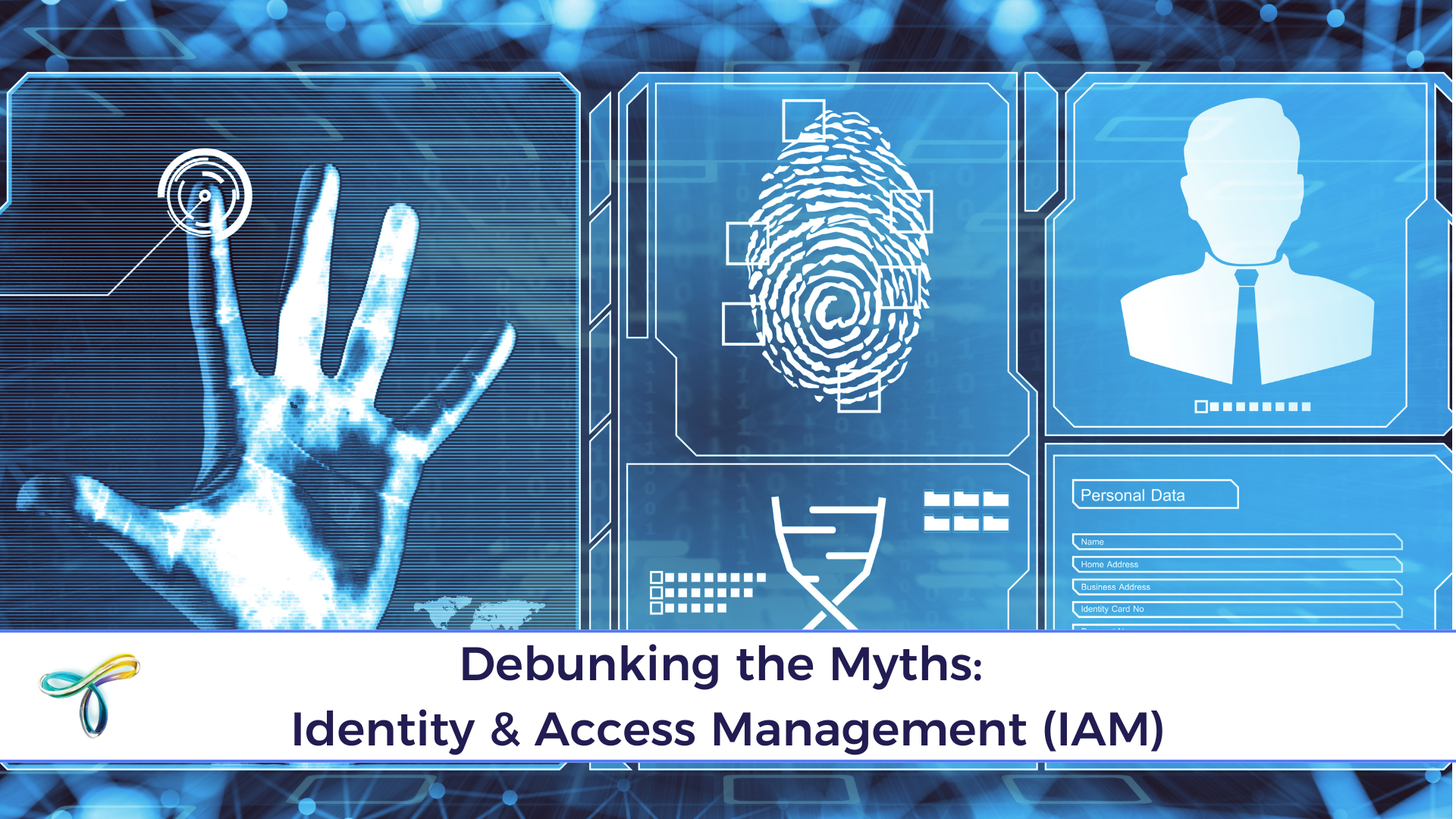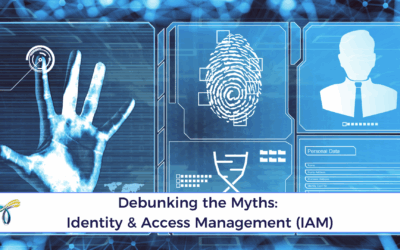The energy sector is the backbone of modern society, powering homes, businesses, and critical infrastructure. As this industry embraces digitalisation through smart grids, IoT devices, and renewable energy technologies, it faces an increasing threat of cyberattacks. Data breaches in the energy sector can have catastrophic consequences, including widespread blackouts, disrupted supply chains, and compromised national security. This article explores the unique data security challenges in the energy sector, best practices for protecting critical systems, and emerging technologies that ensure resilience in this essential industry.
Why Data Security Matters
Energy companies manage a vast array of sensitive data, from operational details of power plants to customer billing information. Cyber threats targeting this data can lead to:
- Operational Disruptions: Attacks on energy grids can cause blackouts, impacting millions and crippling essential services.
- Economic Damage: Downtime and disruptions to energy supplies can result in significant financial losses.
- National Security Risks: State-sponsored attacks on critical infrastructure pose threats to public safety and government stability.
- Data Privacy Breaches: Customer data, including payment and usage records, is at risk of theft and misuse.
A 2023 report by IBM found that the energy sector is one of the top targets for ransomware attacks, with average downtime exceeding 16 days—highlighting the critical need for robust data security measures.
Key Data Security Challenges in the Energy Sector
The energy sector faces a range of unique challenges, including:
- Legacy Infrastructure: Many power grids and energy facilities rely on outdated systems that are vulnerable to modern cyberattacks.
- IoT Integration: The adoption of IoT devices in smart grids introduces new vulnerabilities as these devices often lack robust security features.
- Complex Supply Chains: Data shared across suppliers, distributors, and operators increases the risk of breaches at any point in the network.
- Operational Technology (OT) Security: Protecting industrial control systems (ICS) that manage physical operations is critical but often overlooked compared to IT systems.
- Sophisticated Threats: Cybercriminals, hacktivists, and state-sponsored actors continuously evolve their tactics, targeting energy infrastructure with ransomware, phishing, and denial-of-service attacks.
Best Practices for Data Security in the Energy Sector
To address these challenges, energy companies must adopt a comprehensive and proactive approach to data security:
- Segment IT and OT Networks: Separate operational and information networks to minimise the risk of cyberattacks spreading across systems.
- Encrypt Sensitive Data: Use encryption to protect customer and operational data, ensuring it remains secure even if intercepted.
- Real-Time Monitoring: Deploy AI-driven tools to monitor networks and detect anomalies, enabling rapid responses to potential threats.
- Secure IoT Devices: Implement endpoint security measures, such as device authentication and regular firmware updates, to protect IoT devices.
- Conduct Vulnerability Assessments: Regularly audit systems to identify and address security gaps in both IT and OT environments.
- Train Employees: Educate staff on recognising phishing attempts and following cybersecurity protocols to reduce human-related vulnerabilities.
Leveraging Technology for Energy Sector Security
Technological advancements are playing a critical role in strengthening data security in the energy sector:
- AI and Machine Learning: Predictive analytics powered by AI can detect unusual activity, preventing breaches before they occur.
- Blockchain for Energy Transactions: Blockchain technology ensures secure and transparent energy trading, protecting transactional data from tampering.
- Advanced Firewalls for OT Security: Specialised firewalls designed for industrial systems protect ICS networks from external threats.
- Quantum-Safe Encryption: As quantum computing evolves, energy companies are exploring encryption methods resistant to quantum decryption.
- Digital Twins: Virtual models of physical systems allow energy providers to simulate and test cybersecurity measures without disrupting real-world operations.
Future Trends in Data Security for the Energy Sector
As cyber threats continue to grow, the energy sector must evolve its security strategies. Key trends include:
- Zero-Trust Architecture: Energy companies will increasingly adopt zero-trust models, verifying every user and device accessing critical systems.
- Integrated Cybersecurity Frameworks: Governments and private companies will collaborate on industry-wide standards to enhance security across the sector.
- Resilient Smart Grids: Enhanced security protocols for IoT-enabled smart grids will ensure uninterrupted energy supply and efficient grid management.
- Energy-Specific Threat Intelligence: Sharing real-time threat data within the energy sector will help companies anticipate and mitigate risks more effectively.
Securing the Future of Energy
Data security in the energy sector is about more than protecting information—it’s about ensuring operational continuity, safeguarding critical infrastructure, and maintaining public trust. By adopting advanced technologies, implementing best practices, and fostering collaboration across the industry, energy companies can protect against evolving cyber threats and power a secure, sustainable future.
Stay tuned for the next article in our “Data Security in…” series, where we’ll explore the unique challenges and solutions in the hospitality sector.





